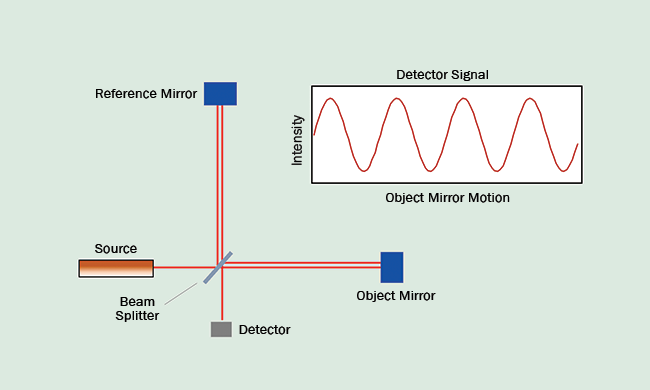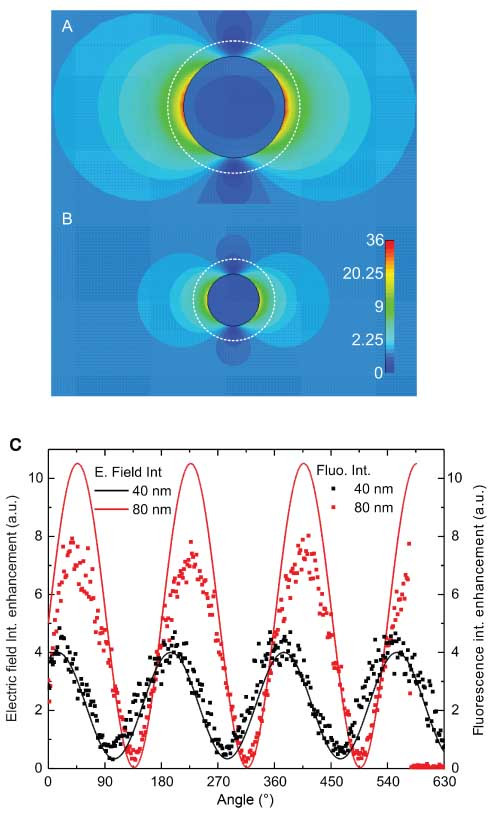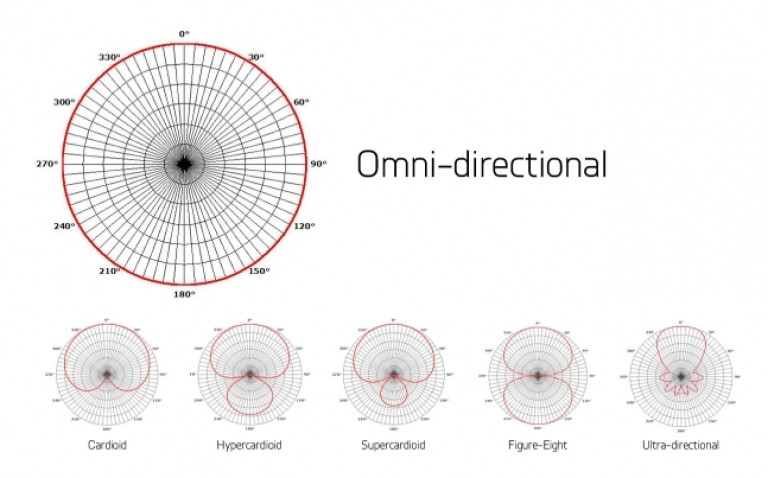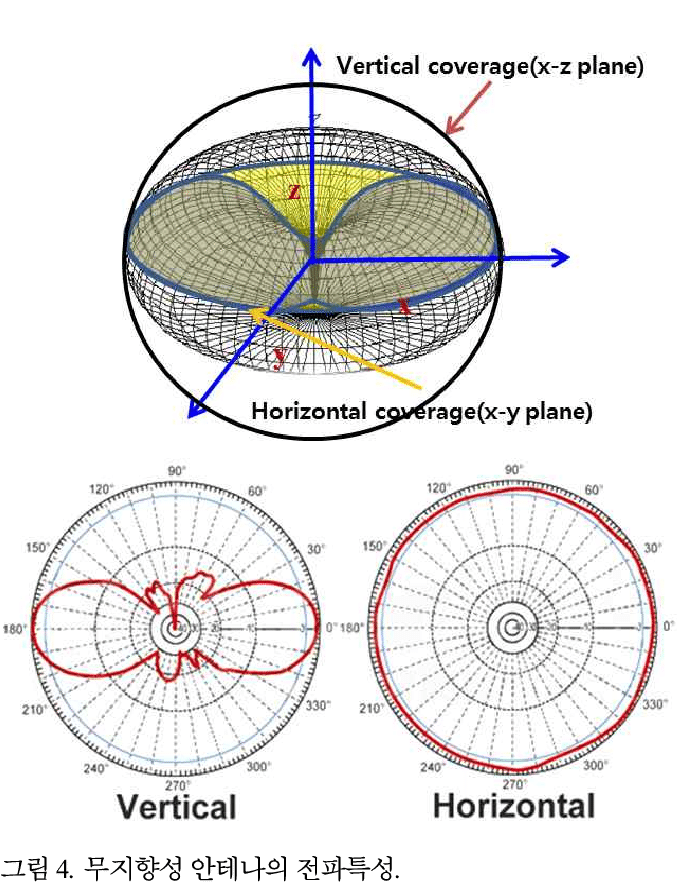mouth
Origin
Old English mūth, of Germanic origin; related to Dutch mond and German Mund, from an Indo-European root shared by Latin mentum ‘chin’.
Jas 3:3 Behold, we put bits G5469 in the horses' mouths, that they may obey us; and we turn about their whole body.
khal-ee-nos'; from G5465; a curb or head-stall (as curbing the spirit):—bit, bridle.
G4750
stom'-a; mouth-the mouth, as part of the body: of man, of animals, of fish, etc.
since thoughts of a man's soul find verbal utterance by his mouth, the "heart" or "soul" and the mouth are distinguished
the edge of a sword
Sword/Words
Natural frequency, also known as eigenfrequency, is the frequency at which a system tends to oscillate in the absence of any driving or damping force.
The motion pattern of a system oscillating at its natural frequency is called the normal mode (if all parts of the system move sinusoidally with that same frequency).
If the oscillating system is driven by an external force at the frequency at which the amplitude of its motion is greatest (close to a natural frequency of the system), this frequency is called resonant frequency.
Crossed S W or Ds
Bidirectional ringing?
By bell?
omnipresence (n.)
"quality of being in all places simultaneously," c. 1600, from Medieval Latin omnipraesentia, from omnipraesens "present everywhere," from Latin omnis "all, every" (see omni-) + praesens "present" (see present (adj.)).




